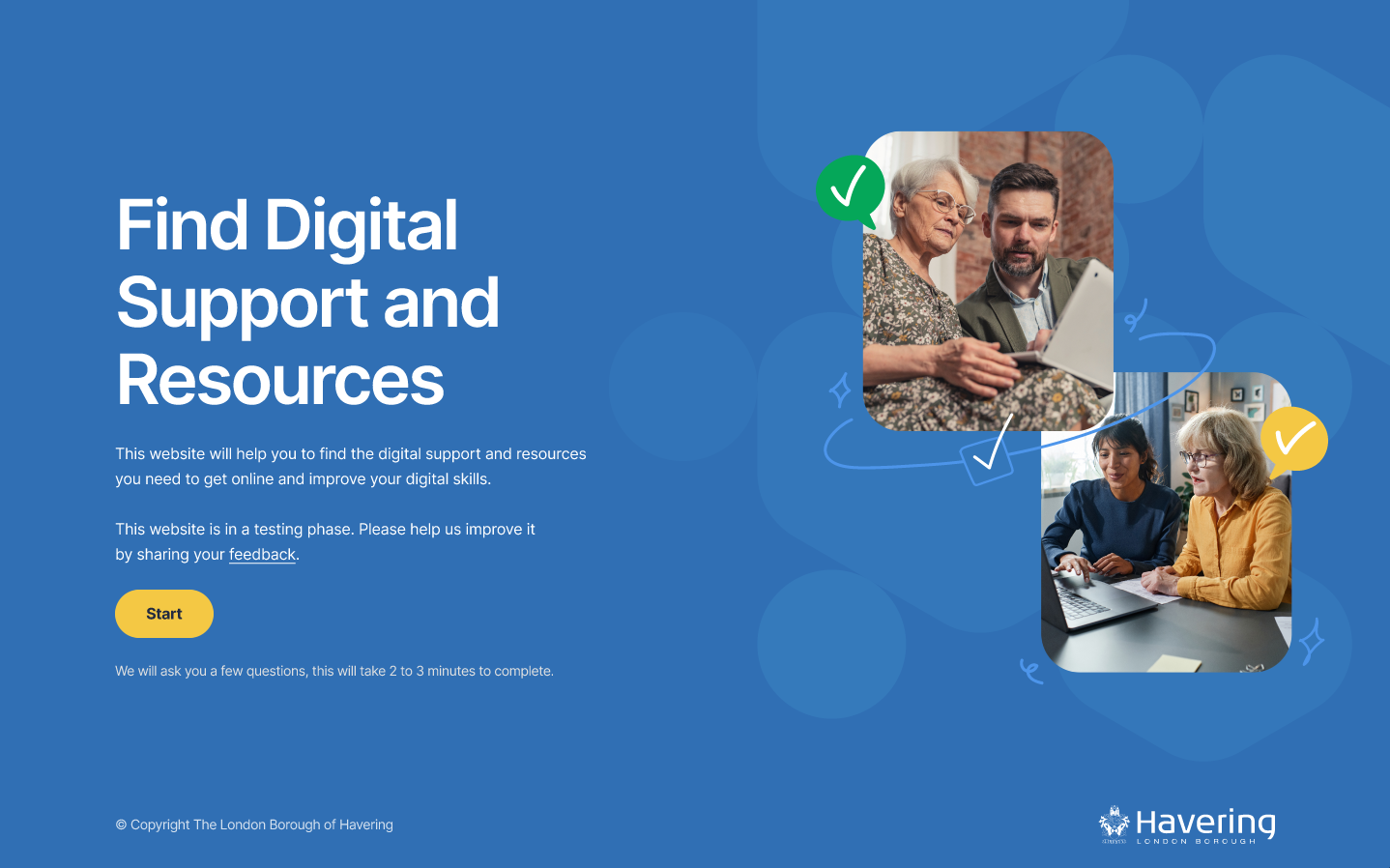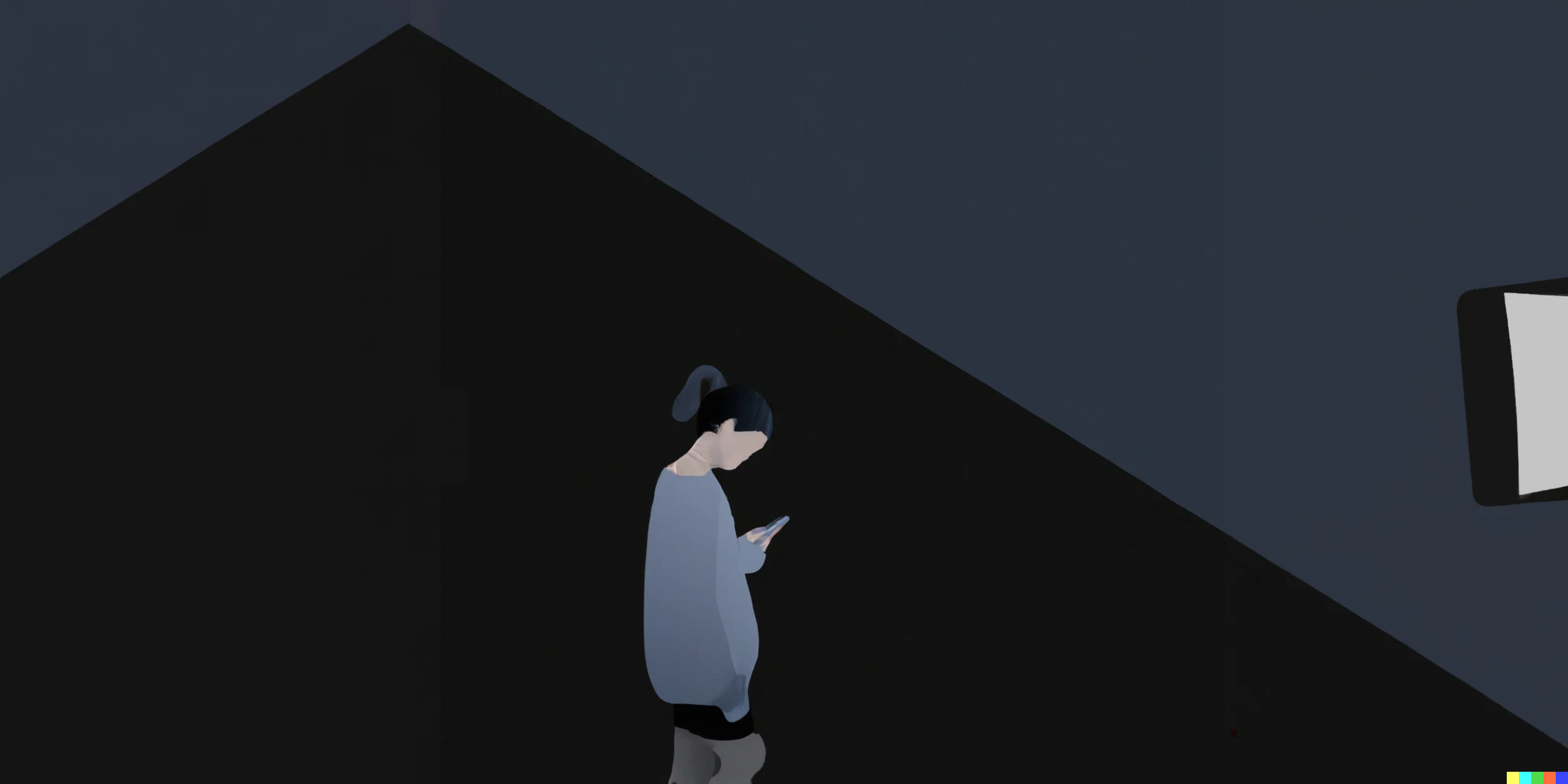Exclusion and Overload
Everything, absolutely everything, is in the process of becoming digital. We are witnessing a total mutation of knowledge, which affects at the same time embodied knowledge and life wisdom. Daily life is what is first upended, in all its dimensions. ― Bernard Steigler. The Digital, Education, and Cosmopolitanism
It is easy to dismiss digital exclusion. Those that don't have the capability, capacity or the interest to participate in society's digital movement are easily overlooked and obscured from view. Our implicit belief in technology's social narrative is that everyone will eventually become included; everyone will soon acquire, through the technology itself, the capacity and the capability to participate.
Exclusion, however, always persists.

The ways in which we are communicating, creating information and verifying its credibility are changing, and the rate at which these changes are taking place is increasing. Instead of technology making information clearer, more accurate and more relevant it is diversifying, with new channels and systems emerging, and new formats, methods and practices to understand and learn.
This is not just about how an ageing society is able to adapt. Active consumers of all ages have different motivations to understand new interfaces and learn ways of being part of new communities. Far bigger concerns lie in the abilities of businesses to remain relevant, in how our public services can be delivered equitably and affordably, and how systems are able to adapt to changing consumer behaviours, attitudes and trends.
Technology is creating remarkable opportunities to make content easier and quicker to produce and share. However making important information accessible, understandable and appropriate for the benefit of the audiences it is designed to reach is a challenging field of work. Where these two fields converge we at Mortar are designing the frameworks and tools that make information easier to find and more relevant and appropriate to the user's needs.

Our work with the LGA (Local Government Association) is responding to these challenges. Our Digital Inclusion Triage Tool, built using our Hoop'd framework, assesses and analyses a user's needs referring them to the available services and resources in their local area, contributing valuable data to help improve investment in service provision and distribution.
It is only through embracing digital systems to inform and improve our understanding of services that promote and deliver inclusion, that we can learn how to more effectively and efficiently target reductions in the rates and incidences of exclusion for specific members and groups in our community.